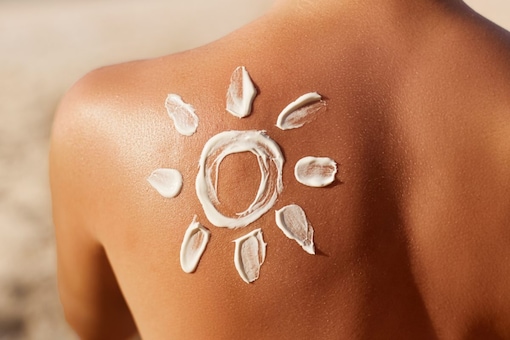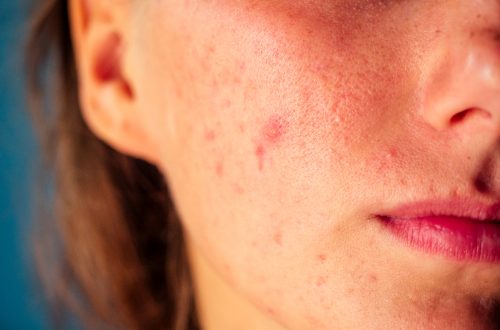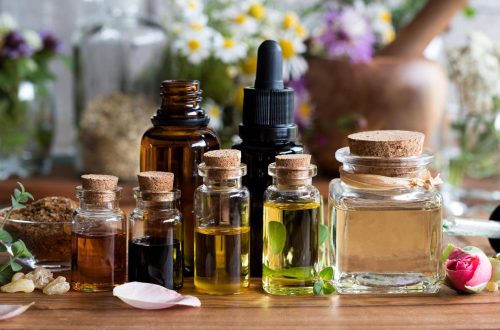
Mineral vs Chemical Sun Protection
What is mineral sunscreen?
Sunscreens can be divided into two categories: mineral and chemical. Zinc Oxide is a microfine mineral that offers broad-spectrum protection from UVA and UVB rays. Mineral sunscreens are safer, better for the skin and also help protect against blue light emitted by electronic devices such as laptops, televisions and cell phones.
The difference between UVA and UVB rays
UVA and UVB rays affect the skin in different ways. While UVB rays target the top layer of skin (they’re the ones that cause sunburn and skin cancer), UVA rays penetrate much deeper into the skin and damage the cells that keep skin healthy, plump, and elastic.
How does the sun damage the skin?
Sun damage is responsible for 90% of visible skin ageing. UVA rays cause fibroblast erosion, preventing them from producing collagen and elastin. They also damage melanocytes, causing them to over-produce pigment. More specifically: wrinkles, skin dehydration, sun spots, uneven complexion.
How important is it to use sunscreen?
It’s an essential part of your skincare routine. Every other skincare ingredient is used to reverse the effects of ageing, but zinc oxide can prevent this damage in the first place. If you’re using ingredients like retinol or vitamin C to stimulate collagen production but aren’t protecting yourself from the sun, you’re wasting money.
Why minerals instead of chemicals?
The Zinc Oxide protects the skin by adhering to its surface, physically blocking the sun. Chemical formulas penetrate the skin, leading to clogged pores and irritation. This is especially important regarding your face or sensitive skin in general. A mineral sunscreen exhibits increased photostability, meaning it retains its permanence when exposed to light.
Is mineral sunscreen visible on the skin?
That was the case in the past, but now there is a solution: The minerals are micronised. That means they’re so fine afterwards that they don’t leave a chalk-white residue.
Can you undo the damage already done?
Use creams with an SPF every day, so there’s no further damage, which means your body can work to repair the underlying cells. The same is true for skin conditions: If you have rosacea, for example, using sunscreen allows your skin to work on healing itself instead of constantly dealing with the effects of the sun.





